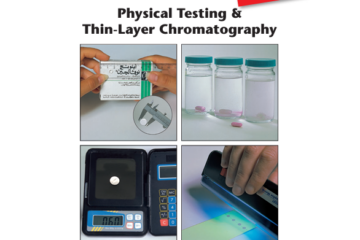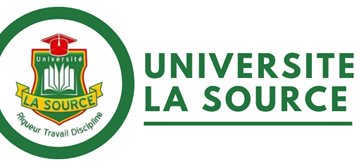To download this press release from Fight the Fakes click here.
Embargoed until 26 November 2013 (7:00 CET)
Ten global health organizations united in a worldwide campaign
to protect patients from fake medicines
- Fake medicines put patients and the general public at risk. Patients believe they are receiving genuine treatment, but instead they are getting potentially dangerous products that could increase resistance to real treatments, and cause further illness, disability or even death.
- Fight the Fakes campaign (www.fightthefakes.org) will raise awareness about the dangers of fake medicines by giving a voice to those who have been personally impacted and sharing the stories of those working to put a stop to this threat to public health.
- Organizations and individuals are invited to join the campaign and speak up to help spread the word about the dangers of fake medicines. Addressing this health threat requires public awareness and coordinated actions by all relevant actors globally.
- Fight the Fakes supports the World Health Organisation (WHO) Mechanism to combat Substandard/Spurious/Falsely-labelled/Falsified/Counterfeit Medical Products and calls for international, multi-stakeholder collaboration under WHO’s leadership.
Geneva, 26 November 2013 – Fake medicines increasingly put patients and the general public at risk across the
world. In response to this challenge, ten partners who represent healthcare professionals, disease-specific organizations, product-development partnerships, foundations, international financing institutions, as well as the research-based pharmaceutical industry have joined forces to raise awareness about the dangers of fake medicines.
The Fight the Fakes (www.fightthefakes.org) campaign will create a global movement of organizations and individuals that will speak up and help spread the word about this under-reported, yet growing threat to public health.
“Fake medicines are one of the biggest threats to global public health. You have people, everywhere in the world,
they only think about the money, their profits and don’t think about the consequences – they don’t think about public health. It’s a global problem and we all need to come on board in fighting together, and once we’re able to do that we are going to make some real strides globally in fighting counterfeit medicines”, says Dr. Stephen Opuni, Chief Executive of the Ghana Food and Drugs Authority.
Fake medicines trick patients into believing they are receiving genuine medicines while they are getting deceitful products that could cause further illness, disability or even death. Furthermore, fake medicines pose a public health threat by contributing to the development of treatment resistance.
While people in low- and middle-income countries are often at greater risk than those in high-income countries, fake medicines are a global problem. Fake medicines are reported in virtually every region of the world. In high income countries, incidence of fake medicines is less than 1% of market value according to the estimates of the countries concerned. Figures about sales of fake medicines rise to 10% globally, but in some areas of Asia,
Africa and Latin America fake medicines may account for up to 30% of medicines in circulation. In Africa, onethird of all malaria medicines are probably fake. It is estimated that one medicine in two purchased on illegal Internet sites that hide their physical address is fake.
Fake medicines can mimic brand-name or generic prescription or over-the-counter medicines. Nearly any type of pharmaceutical product can be and has been counterfeited: whether ‘lifestyle’ medicines, including erectile dysfunction and weight loss medicines, or lifesaving medicines including those used to treat malaria, tuberculosis, HIV/AIDS, cancer, heart disease, diabetes and other life-threatening conditions.
The negative impact of fake medicines is widespread and the environment in which the manufacturing, transportation, distribution, and consumption of these counterfeit products takes place is complex, making it more difficult to address this challenge. In launching this new campaign, partners share the belief that to address this public health threat, public awareness and coordinated actions among all actors involved in the manufacturing and distribution of medicines are vital. Partners will bring to bear their experience, knowledge and insights, and
work together to protect patients across all regions of the world, and call for the creation and strict application of legislative and regulatory frameworks to effectively combat this global threat.
As part of this effort, the campaign website (www.fightthefakes.org) highlights the stories of people whose lives have been impacted by fake medicines and of people who are working to stop this crime in order to raise the
profile of the dangers and impact of fake medicines in our communities. The website also serves as a resource for
organizations and individuals who are looking to support this effort by sharing resources, outlining opportunities
for action and reporting what others are doing to fight fake medicines.
Participation in the Fight the Fakes campaign is open to all involved in public health and already active in
combating fake medicines, but also to those from other walks of life eager to join the fight against fake medicines.
To join the campaign, please visit www.fightthefakes.org.


